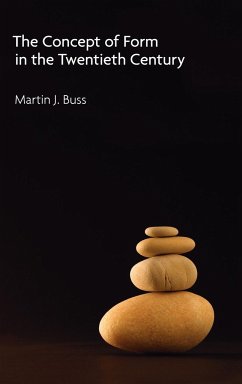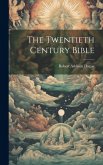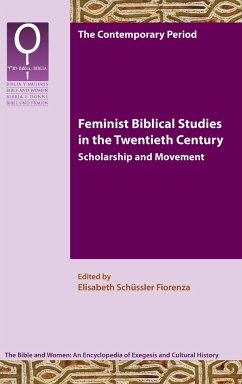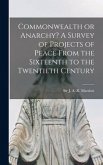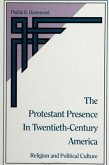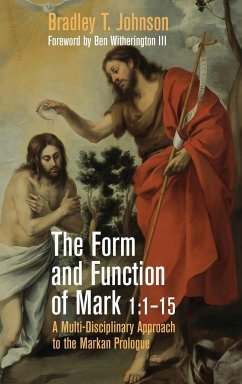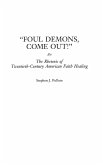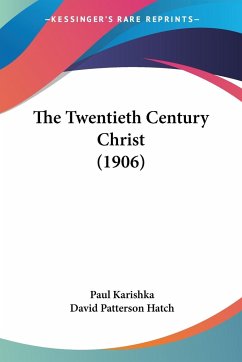This study provides a history of the concept of form in the twentieth century CE, focusing on the rise and character of relational theory. To some extent drawing on older traditions, relational theory accepts some aspects of modern particularism but moves beyond it by holding that relations simultaneously separate and connect. Particularity and generality are seen as aspects of relationality, and forms are viewed as complexes of relations. Prominent features of a relational view include: an avoidance of rigid structures through an orientation toward probability; multiperspectivity; possibility, not just particular actuality; continuity between the human and the nonhuman; and a valuational rather than a neutral view of reality. Socially, relational theory has supported a combination of freedoms. It joins internal freedom, which values both body and mind, with both negative and positive external freedom, including "freedom from" external controls and "freedom for" the fulfillment of possibilities in cooperation with others. Politically, this ideal favors economic solidarity, respectful recognition of different "racial" or ethnic groups, women's liberation, increased sexual freedom, and ecological consciousness. Relational theory was not the only notable view of form in the twentieth century, however. More-or-less individualistic particularism was radicalized in nihilist and skeptical philosophies, and powerful versions of group particularism arose in fascism, Stalinism, and continuing imperialism. Caucasian male thinkers varied considerably in the degree to which they supported relational conceptions of form, but, not surprisingly in view of the connection between a relational view of form and interactive freedom, most women and non-Caucasian males advocated relational views. Some of the tension described can be viewed positively from the relational side, however, for according to information theory uncertainty provides an opportunity for communication.
Hinweis: Dieser Artikel kann nur an eine deutsche Lieferadresse ausgeliefert werden.
Hinweis: Dieser Artikel kann nur an eine deutsche Lieferadresse ausgeliefert werden.

